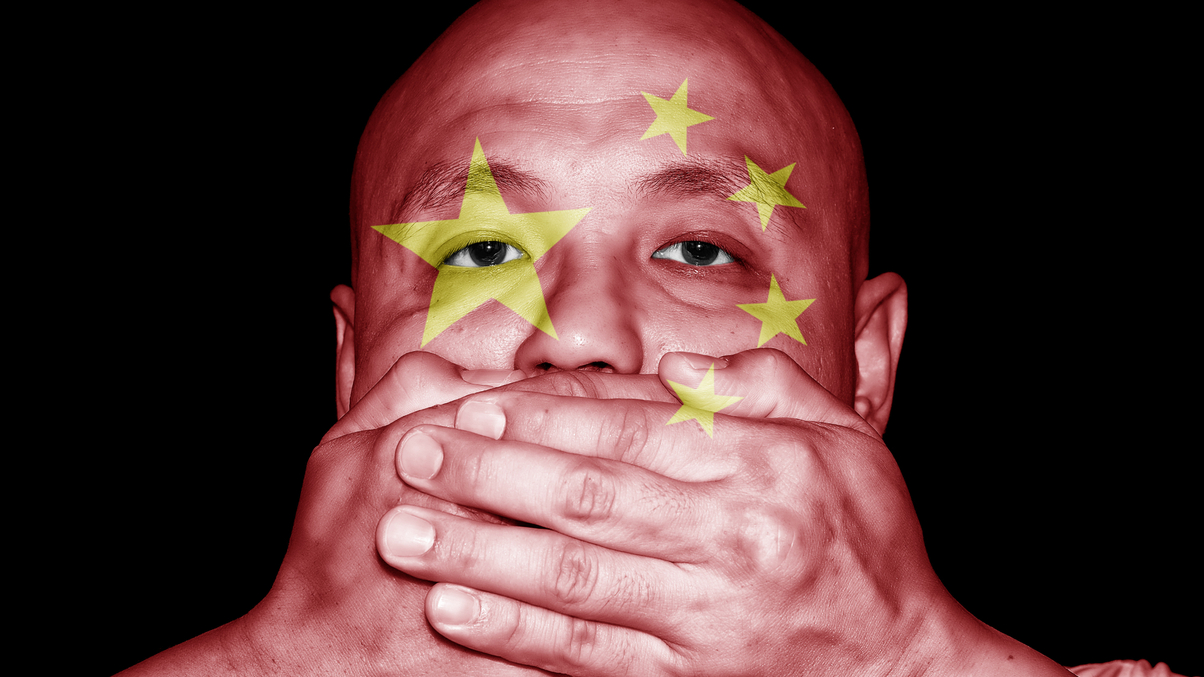Values versus profits: the cost of investing in China
Beijing's increasing sensitivity around protests in Hong Kong is bringing the compromise international companies and investors take to invest in the nation to the fore.

Hong Kong-based airline Cathay Pacific, global accountancy firms, the US’s National Basketball Association and California-headquartered tech company Apple might not appear to have much in common. But they can all possess one point of dubious similarity: each was subject to pressure from the Chinese government to change their behaviour with regards to Hong Kong’s ongoing protests.
Sign in to read on!
Registered users get 2 free articles in 30 days.
Subscribers have full unlimited access to AsianInvestor
Not signed up? New users get 2 free articles per month, plus a 7-day unlimited free trial.
¬ Haymarket Media Limited. All rights reserved.


